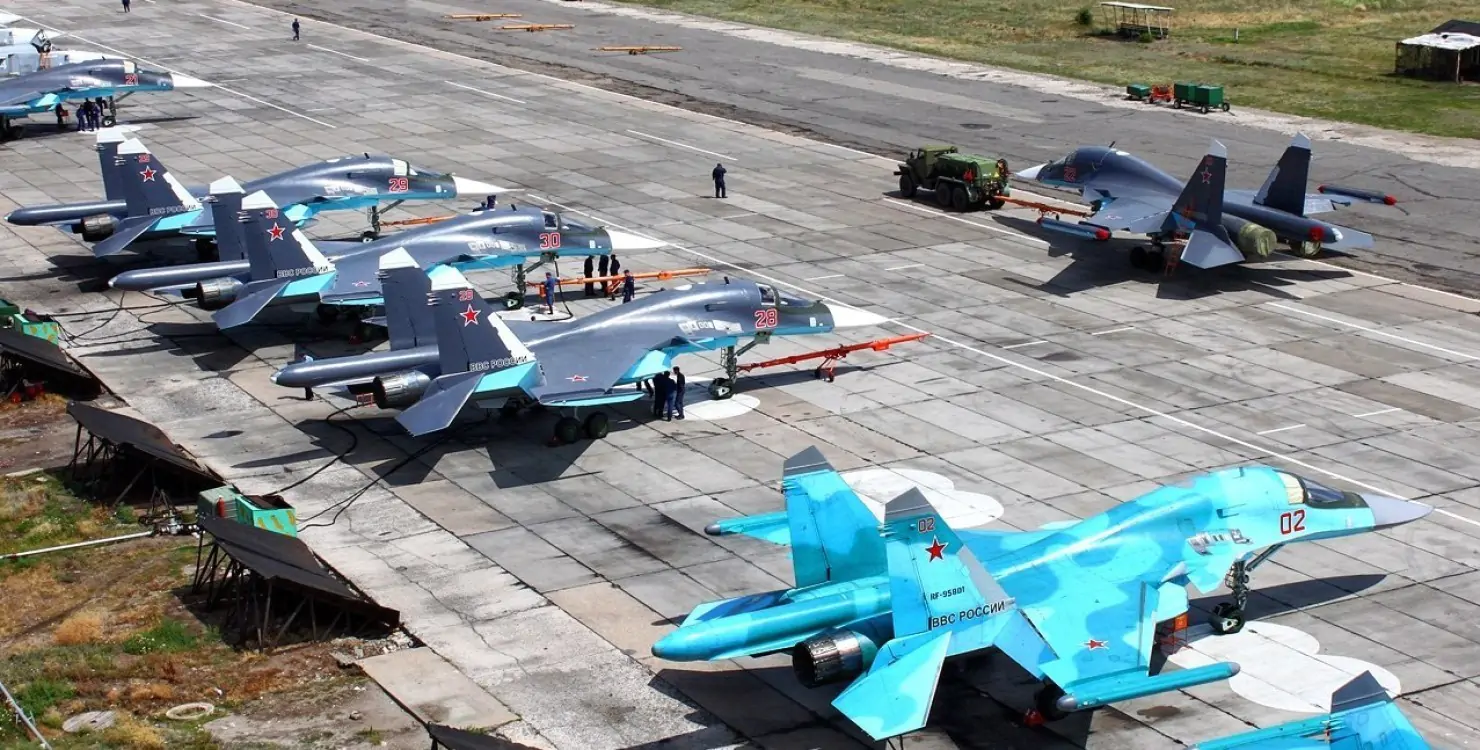It is a cardinal mistake to suppose that autocracy is merely the antonym of democracy. The struggle between a democratic nation and an autocratic one or between blocs of such nations is not a fair and square battle between two competing outlooks on the world.
There is an important difference.
JOIN US ON TELEGRAM
Follow our coverage of the war on the @Kyivpost_official.
Today, the alliance of democratic nations does have a single compelling vision of how humanity can be organized. The alliance of autocracies has none.
Free societies, despite their many shades and hues, stand for the simple idea that human beings should have the right to sleep peacefully at night without the fear of being arbitrarily arrested by a legal machinery wielded by a de facto one-party state - whatever its claims to electoral legitimacy.
This elementary concept—the dignity of the individual in the face of the state's amassed power and the freedom of the individual, often in combination with others—calls into question the authority of the state and those who rule over them in private and public discourse and unites all democracies, whatever their historical or geographical flavour. This view of society is the ace card for the democratic world.
What is the vision of autocracies?
No common theme defines the outlook of autocracies.
They are rarely in unison on human organization other than the perpetuation of consolidated state power that stands above people, impervious to criticism or removal. The system may be dressed in the clothes of republicanism, theocracy, or any number of other garments, but underneath, it is all the same. Autocracies are aware of this. That is why in proffering a direction for society, they tend to do one of two things:

Israel’s Airline Suspends Flights to Moscow Until March Following Azeri Plane Incident
They latch on to an ideology that can be used to justify dictatorship or sweeping powers necessary to protect and advance the ideology. This distracts and provides the façade for absolute state control.
Or they project from history, drawing on the tropes of past humiliation, the threat of global conspiracy, and so on, to justify the need for totalizing authority to counter the evil forces ranged against the nation.
Autocracies often make vague statements about protecting traditional values and the old customs of the motherland or fatherland. But if to protect these values you need an immovable and omniscient state apparatus with the weapon of terror at its disposal then perhaps one should have an honest discussion about whether your own people truly support the values you claim represent their interests.
Take the current crop of autocracies that are asserting themselves in the world, and especially those that have condensed around the invasion of Ukraine.
What vision of the human future binds them?
They seem to be opposed to Western influence. But opposed to the West for what end? For what new type of political system and landscape of human dignity do they fight in common? For what principles do they stand? They haven’t told us.
I suspect this is because the system of human organization they have in mind, the only philosophy which apparently connects them, is more state ascendancy and less individual agency. They know that when properly examined in the public square, what they have in common is unappealing to free-thinking people. North Korea does not have an immigration problem.
Mobilizing minds in the fight for freedom
It seems to me that the democratic world consistently fails to understand the power of its convictions and the force of its ideas. How could the democratic world play its ace card better?
We now face an alliance of autocracies whose collective military and economic capabilities dwarf anything we have seen before. Even in the democratic world, autocratic impulses and populist causes are on the rise. It is imperative that we engage on the frontline of ideas with a strength we have never had to muster before. It is time to mobilize.
One might envisage networks of newspapers, radio stations, on-line groups dedicated to explaining the ideas of freedom. And make no mistake, this is not a proposal for propaganda. Freedom needs no propaganda; its strength lies in what it offers in concrete terms to people. Nor should such efforts be moralizing. There is no need to distribute hectoring lessons on the superiority of democracy.
The compelling attributes of liberty, when clearly stated and their beauty shown, are self-explanatory, especially when seen against the backdrop of the history of autocracy and its violence against the individual.
This effort need not be dry. Comedy shows and sitcoms can sharpen the interest in satire, irony and all those sentiments of an open society in which authority figures can be shamelessly and transparently mocked. We should transmit them.
We should see printing presses around the world humming with the texts that provide fuel to the inferno. Work from authors such as Friedrich Hayek and Isaiah Berlin could be translated and printed in over a hundred languages and spread on-line. It would not do any harm to see Hayek’s The Road to Serfdom in the hands of every person on the globe who cares to read, printed in their own language.
There are many other authors, old and new. More local ones could be found for specific countries.
The democratic world must become coordinated in how it explains what it offers from the universe of possible futures. All arguments, forms of entertainment and media should be deployed to achieve this end.
What I imagine here is not so much planned resistance to disinformation - although that is surely important - but organized projection of the values of freedom. This can be achieved by groups of any size, from individuals to larger scale coordinated efforts.
A global network of organizations might be established to help this literature land in the hands of the brightest young minds around the world, especially in countries where it is banned or highly restricted. Our objective would be to light small intellectual fires until the entire legitimacy and credibility of authoritarian ambitions is ablaze.
We especially need to overcome the idea that because much of the literature of freedom has come from the West, the notion of democratic and accountable governance is a western export.
At the scale of large states, the uncertainties of freedom are, all things considered, far more conducive to a happy life and a tranquil society than a coercive stable dictatorship, which behind its promise of jobs and national unity, will eventually resort to violence from which the quietest will not escape.
There is nothing western about this experience. Along with Europe, Asia and Africa have achieved some impressively awful dictatorships. It is this essentially borderless insight with which we must excite the world.
Democracy may need an army on the ground to protect it, but it also needs armies of the mind, a phalanx of thought. Those who consider themselves allies in this purpose should drop their differences and find common cause to advance with an urgency that grows by the day.
Charles Cockell is Professor of Astrobiology at the University of Edinburgh.
The views expressed in this opinion article are the author’s and not necessarily those of Kyiv Post.
You can also highlight the text and press Ctrl + Enter






